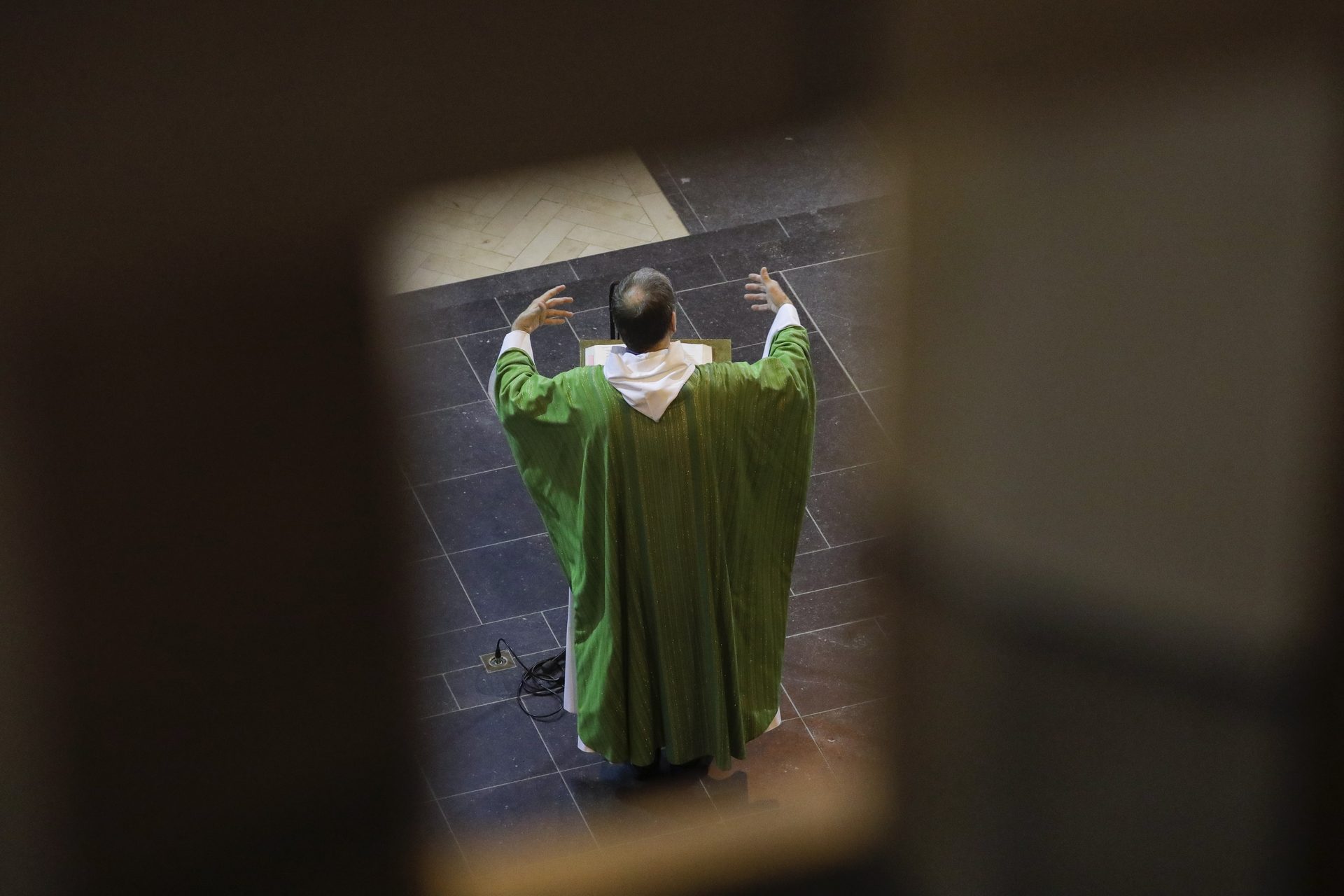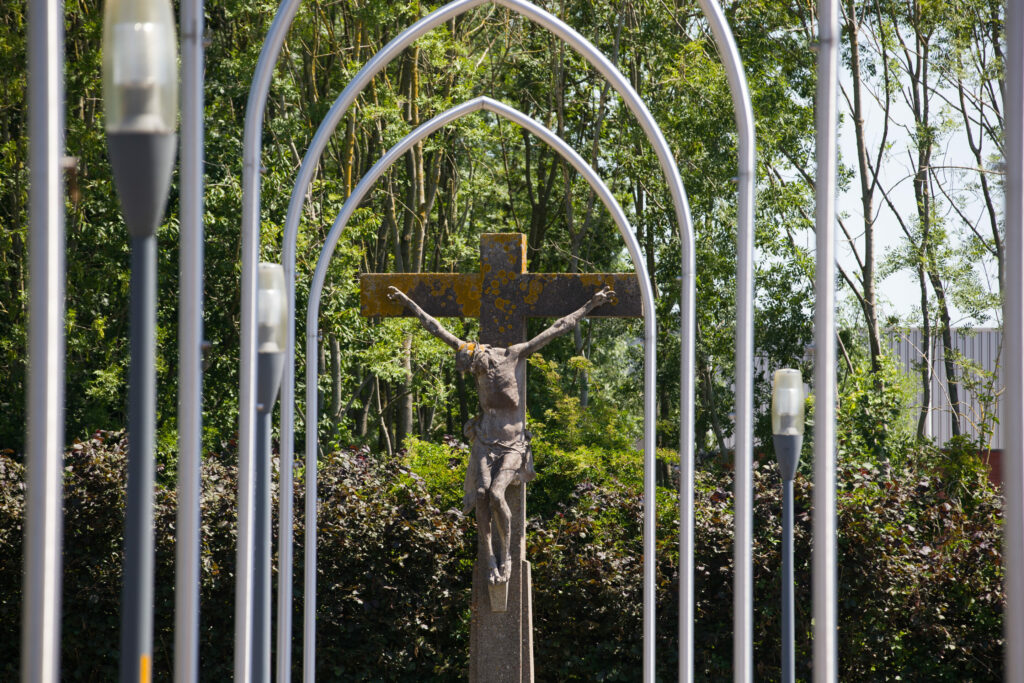On Good Friday, Christians around the world commemorate the crucifixion of Jesus Christ. The day is an official public holiday in many countries, but for most people in Belgium, it is just a regular working day.
Belgium has ten official public holidays, and six of them have a religious origin. Most people have the day off on Easter Monday, Whit Monday, Ascension and even Assumption Day, but Good Friday – on 18 April this year – will still see them going to work.
In several Catholic countries (such as Spain), Maundy Thursday and Good Friday are official holidays, but they do not get the day off work on the Monday after Easter. In Belgium, it is the other way around: the Thursday and Friday before Easter are regular working days, but Easter Monday is a public holiday.
As Belgian law does not define Good Friday as a public holiday, it does not count as one of the country's ten official days off work.

Credit: Belga/Thierry Roge
Businesses and services (including government services) will operate as normal on Friday. However, banks will be closed. This is not because they are more religious than the rest of the country, but because they use the day to replace 1 November – which falls on a Saturday this year.
While most churches will offer a special service on the day, there are no specific widespread religious traditions in Belgium. Still, many people – particularly elderly Christians – choose to mark the day with fasting in the morning and then a simple meal, often consisting of fish.
What is Good Friday?
On this day, Christians commemorate the crucifixion of Jesus Christ. It is observed during Holy Week as part of the Paschal Triduum (Maundy Thursday, Good Friday and Holy Saturday). The date of the holiday varies every year, as it is linked to Easter (which, in turn, always falls on the first Sunday of the first full moon in spring).
While the death of Jesus can hardly be called a "good" thing, the holiday's name reportedly comes from the word's interpretation as "pious, holy" – similar to "the good book" for the Bible or "good tide" for Christmas.
Many believe that the name Good Friday is a corruption of what used to be "God Friday," but this is incorrect. In Old English, the day was called Long Friday – which referred to the prolonged observances of fasting and religious services, making it a day of extended devotion.
To this day, some predominantly Christian countries have laws prohibiting certain acts. In Germany, for example, public dancing and horse racing are forbidden to respect the sombre nature of Good Friday.

